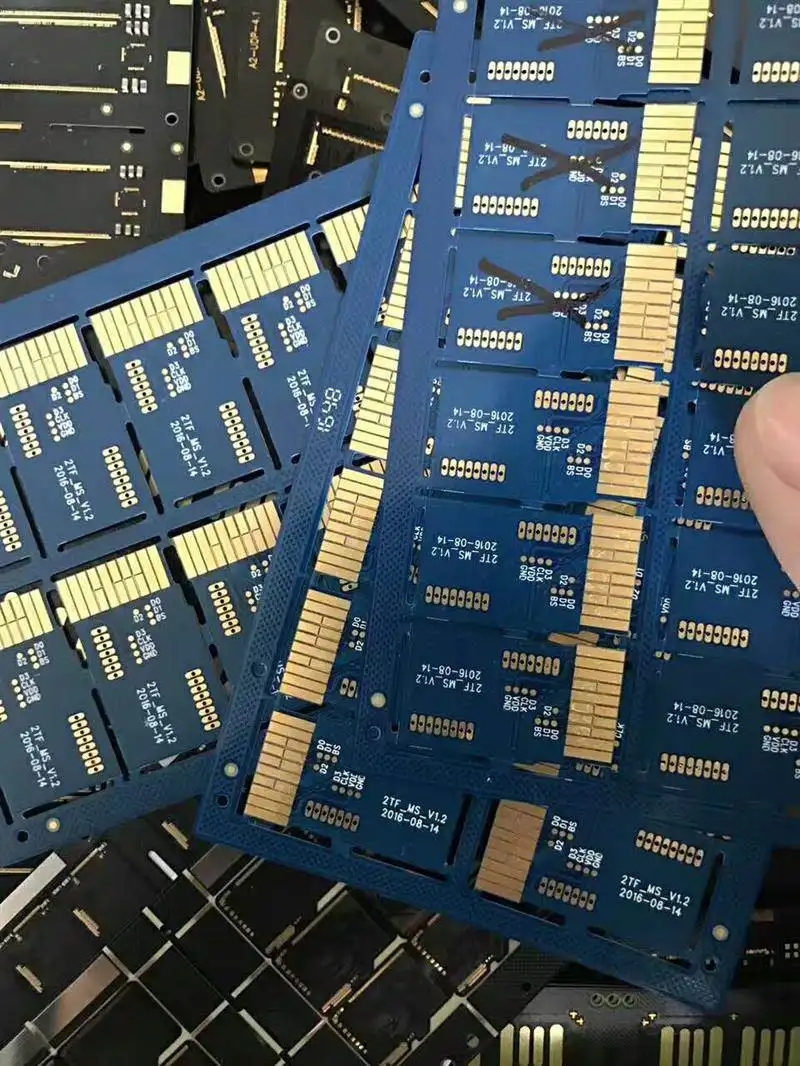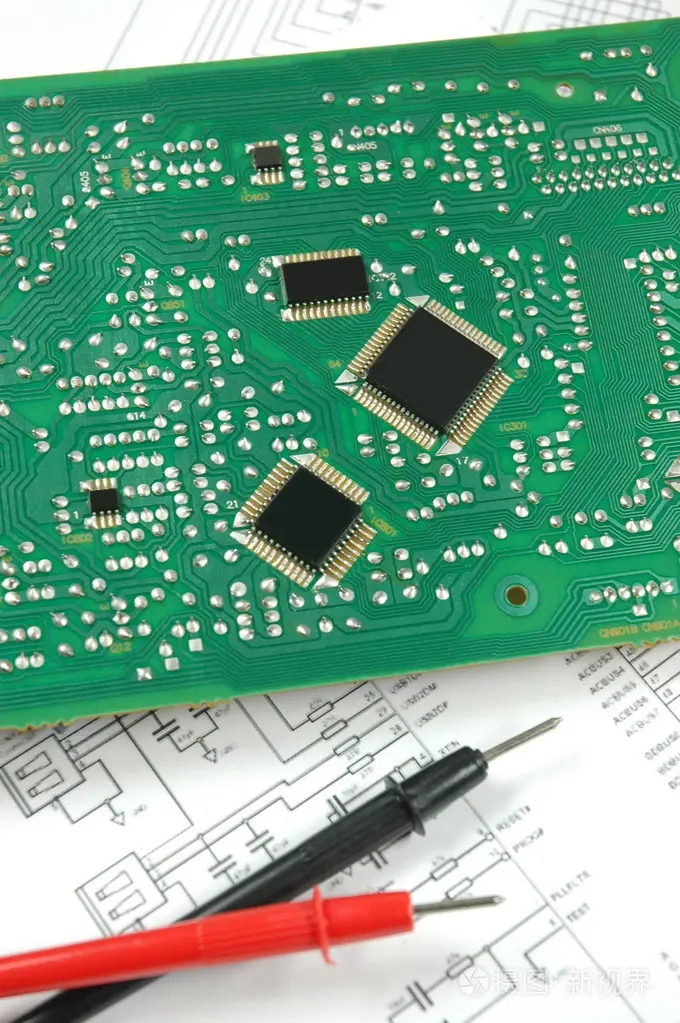
PCB process circuit board assembly function test (FVT)
In an electronic assembly plant, the functional test of circuit board assembly is one of the important project processes. Here we will briefly introduce what is FVT/FCT: Function Verification Tester (FVT) or Function Test (FCT) functional test?
FVT/FCT is basically a full function test to simulate the actual assembly of a circuit board into a complete machine. Its purpose is to take out all possible defective circuit assembly boards before assembly into a complete machine, so as to avoid finding defective boards after assembly into a complete machine, and also to remove and reassemble all of them. The testing machine and method may vary greatly depending on the product. In practical application, it can be divided into the following ways according to the urgency, demand and cost of time:
Actual insertion of the whole circuit board:
Generally, a complete machine is composed of more than one circuit board. The so-called real plug is to actually assemble all the circuit boards, parts, etc. needed to assemble a complete machine, but it does not need to be installed into the case. Because the function of the circuit board needs to be tested, it is necessary to make the circuit board easy to disassemble. As for the degree of actual insertion, it depends on the degree of testing. The ideal situation is to be able to test all functions. If not, most functions can also be tested. The key should be to catch major problems, such as whether the power plug can be started, whether the key functions are normal, and whether the screen displays normally. Otherwise, the test would be meaningless, Simply assemble the whole machine and test it again.

In addition, before testing, a set of circuit boards with normal functions must be prepared as the standard sample (GOLDEN SAMPLE). Suppose a set of boards has three boards A, B and C, when testing board A, the B and C standard samples will be taken out as jigs, and only board A will be replaced for testing, so that the three boards can be tested in turn.
The biggest problem with this test method is that it is easy to damage the GOLDEN SAMPLE. Because some connectors or flat cables between circuit boards cannot withstand too many times of plugging and unplugging, extension cords are generally used. The advantage is that extension cords can be easily assembled, so that all boards are not crowded together. In addition, extension cords are cheaper and easy to replace. If they are worn out, they can be replaced again, It's cheaper than making a new circuit board. However, some components that are particularly sensitive to signal requirements cannot use extension cords, such as barcode scanners, touch screens, etc.
Labor is also a disadvantage of this testing method, so it is usually used only when the number of EVT (Engineer Verification Test) stages is small.
Needle bed tester:
This method is to use the test point reserved in advance on the circuit board, and then use the needle to lead the signal out for a complete test.
During the test, just put the board into the test bench, and then push the needle point out to contact the test point of the board to be tested through mechanical action. In this way, the board to be tested can be simulated and linked into the appearance of the whole machine. Finally, operate and test all functions on the bench.
If the whole machine is a product with a screen and buttons, it will lead them out. Otherwise, it will be necessary to connect to the computer through the transmission interface to operate and view the test results.
After making this machine, it is generally necessary to have a complete machine with complete test function. The fixture manufacturer will disassemble and install the product into the test fixture, and then connect each board with one end connecting the thimble and the other end welding wire. The thimble basically replaces the original connector and flat cable connecting each circuit board during the whole machine, so as to achieve the purpose of quickly loading/unloading the boards to be tested, In addition, it is not easy to damage the standard template when using the fixture.
Wireless needle bed tester:
This testing machine is an improved original needle bed testing machine. It cancels the wire originally connected to the test thimble and replaces it with a customized circuit board. That is, the original thimble has only one end in contact with the board to be tested. Now, one end of the thimble contacts the board to be tested, but the other end contacts the customized circuit board. This circuit board can run lines and then connect to other circuits of the whole machine, This is helpful to solve the operation problem of some components that are particularly sensitive to signal interference. Because the circuit runs on the circuit board, it can make some large area ground planes to isolate the interference between circuits; In addition, maintenance is relatively easy, because there are not too many complicated flat cables.
The disadvantage is that the cost is on the high side. Because the customized board needs to be made, the cost of the wireless test fixture may be about 50%~65% higher than that of the ordinary needle bed fixture, and it is only suitable for mass production of stable products. As long as there is any modification on the board to be tested and it is moved to the test point, the customized circuit board must be made again.









